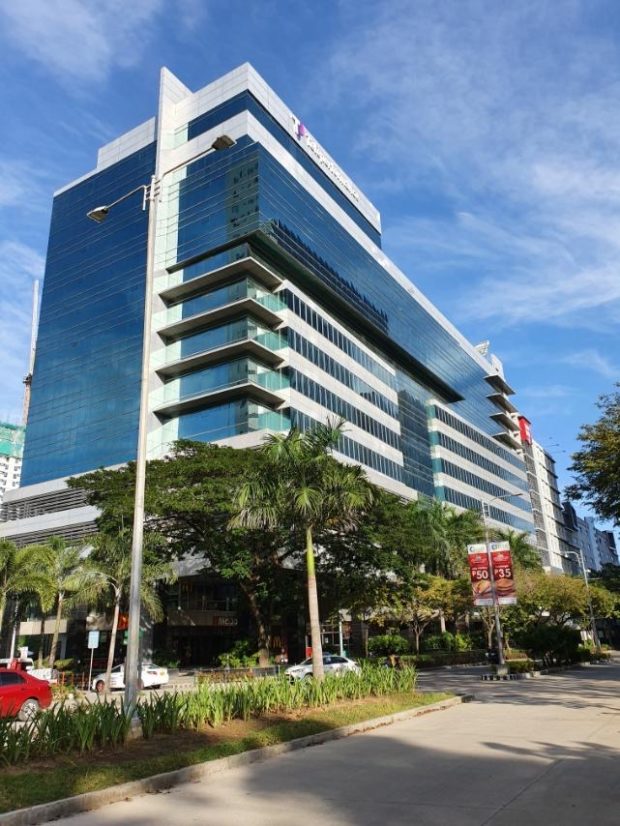AREIT buys Teleperformance Cebu property
The country’s first real estate investment trust, Ayala-backed AREIT Inc., has expanded its office portfolio with the acquisition of Teleperformance Cebu, a business process outsourcing (BPO)-focused property in Cebu IT Park.
Built in 2013 with a total gross leasable area (GLA) of 18,092 square meters square meters, the building is 100-percent occupied. BPO firm Teleperformance leases bulk of the space, about 17,682 square meters, and thus holds naming rights. The remaining 410-square meter space is leased by fast-food operator McDonald’s.
The acquisition of Teleperformance Cebu – a grade A Philippine Economic Zone Authority-accredited and Leadership in Energy and Environmental Design (LEED) Gold-certified BPO hub – will expand AREIT’s portfolio from nearly 153,000 to 172,000 square meters.
“The acquisition in Cebu is strategic for AREIT. Most BPOs in Metro Manila have expansion sites and operations in Cebu because of its strong talent pool. Like in Metro Manila, Ayala Land has a significant share in the Cebu office market,” AREIT president Carol Mills said in a press statement on Wednesday.
AREIT will use proceeds from the primary portion of its recent initial public offering (IPO) to purchase the property from ALO Prime Realty Corp., a wholly-owned subsidiary of its sponsor, Ayala Land Inc. A deed of sale had been signed with ALO.
“This maiden acquisition will increase AREIT’s dividend yield consistent with its growth strategy of acquiring prime real estate assets with stable occupancy,” the company disclosed to the stock exchange.
REIT or real estate investment trust is a corporation that primarily invests in income-generating real estate such as office space, shopping malls, service apartments, and even hotels, hospitals and warehouses. It gives investors an opportunity to invest directly in the finished projects rather than the developer itself. This was meant to attract dividend-seeking investors because the REIT law required the distribution of at least 90 percent of income as dividends annually.
